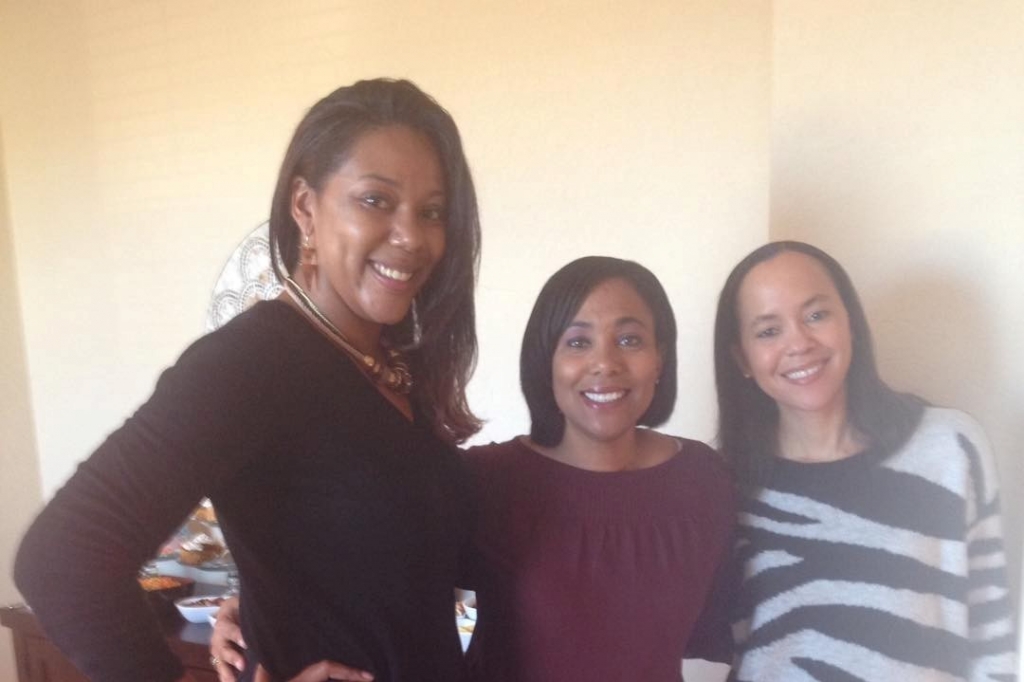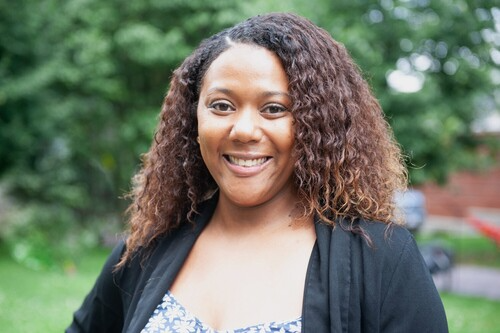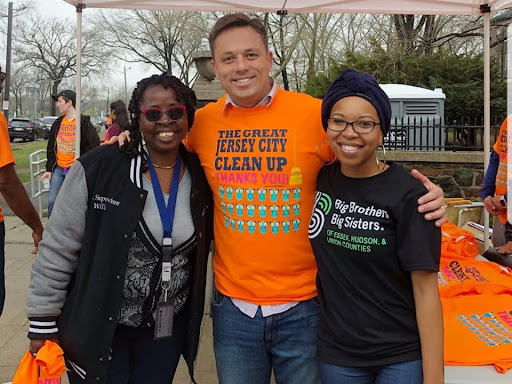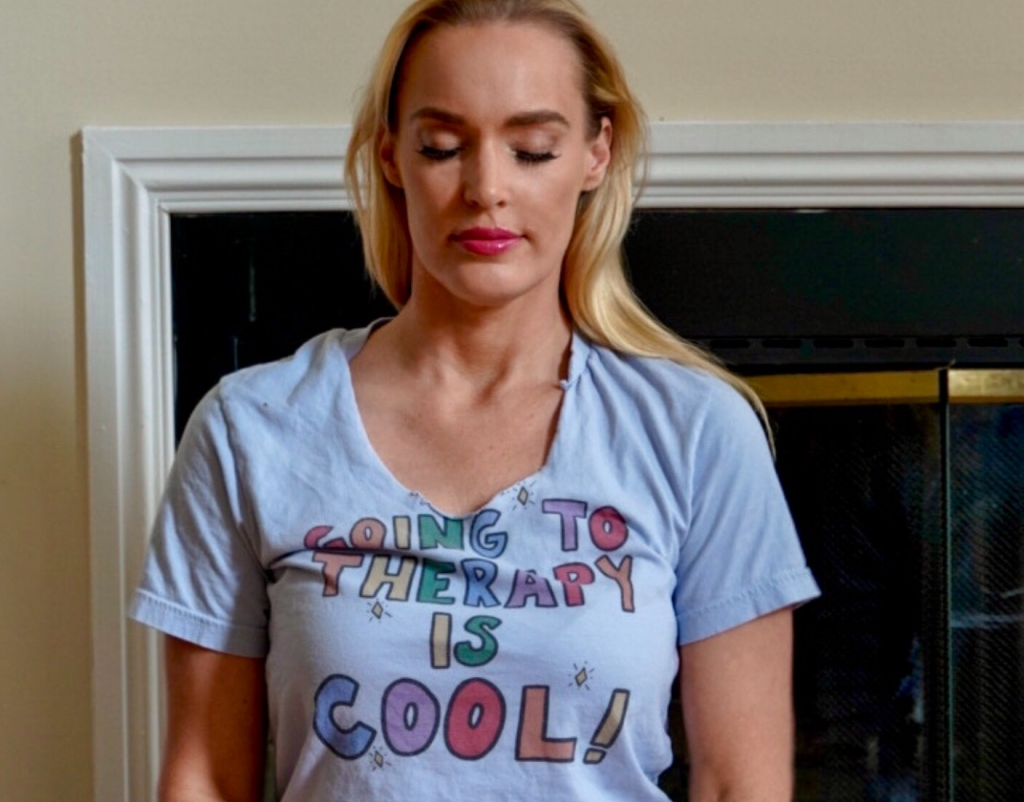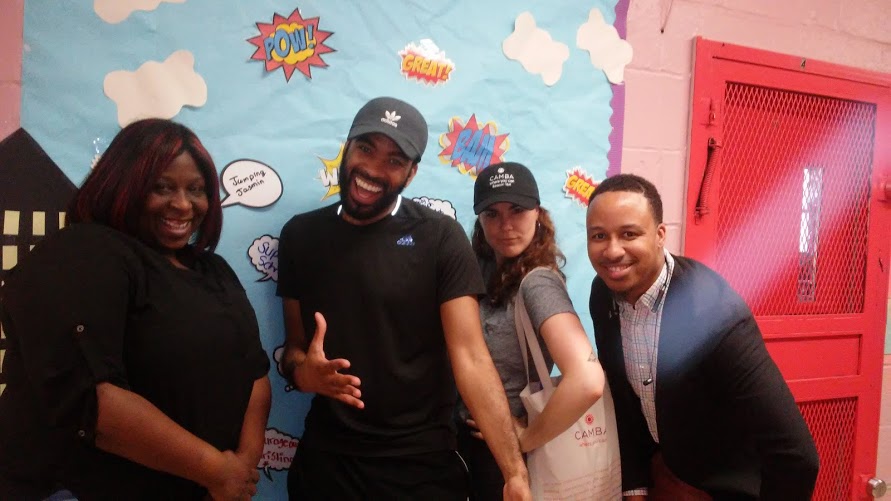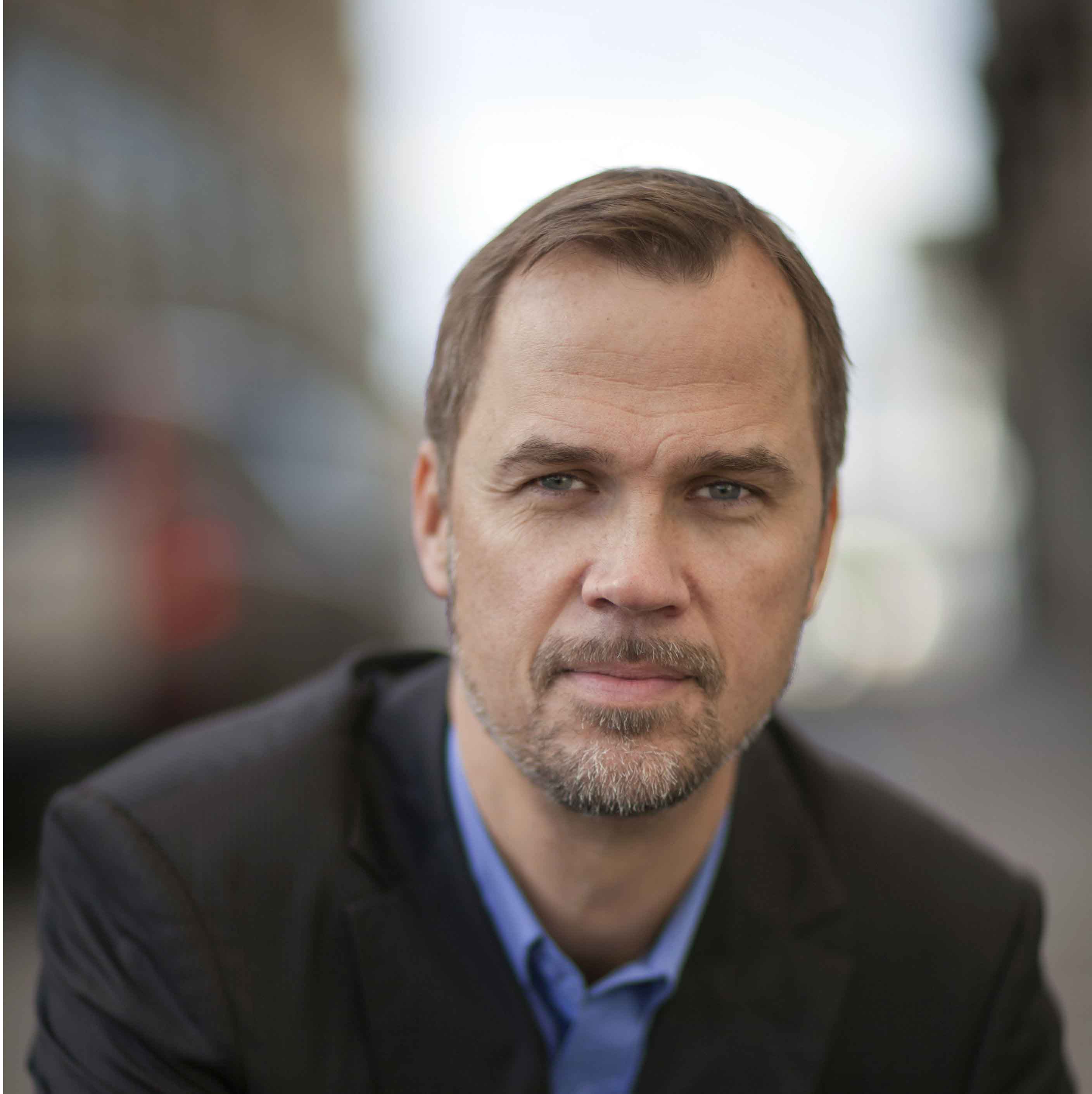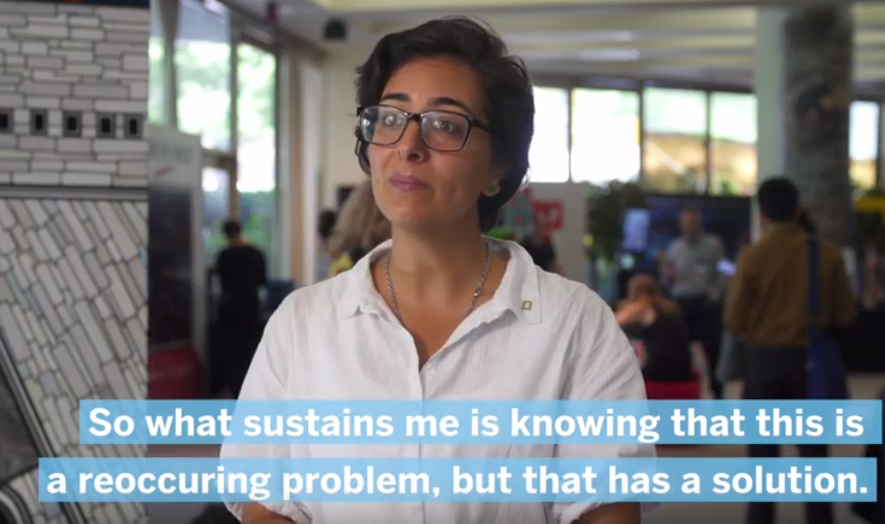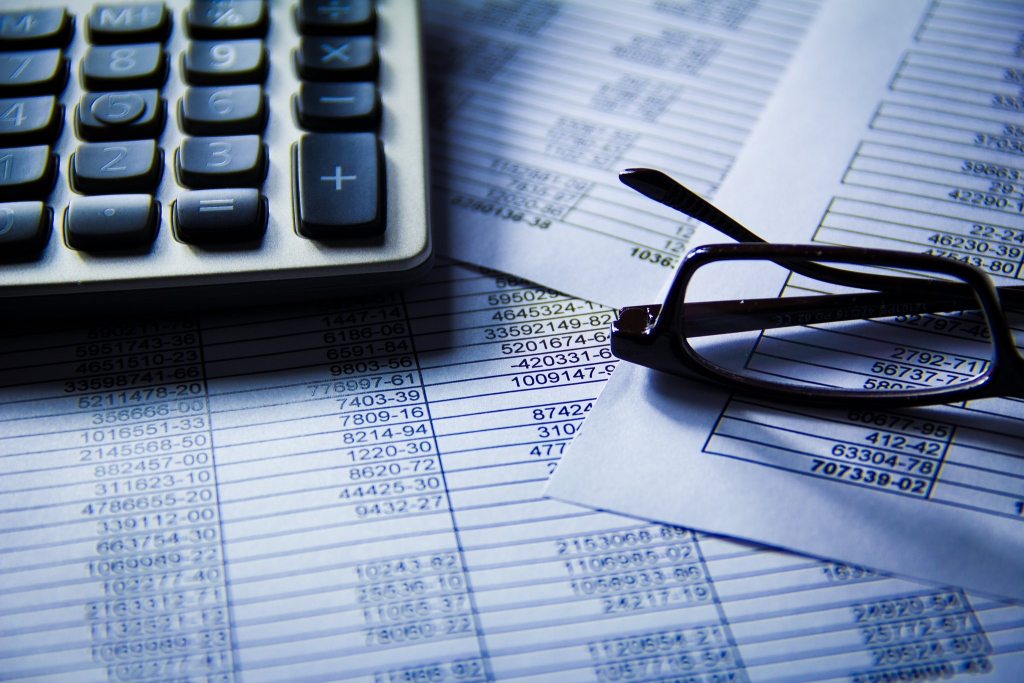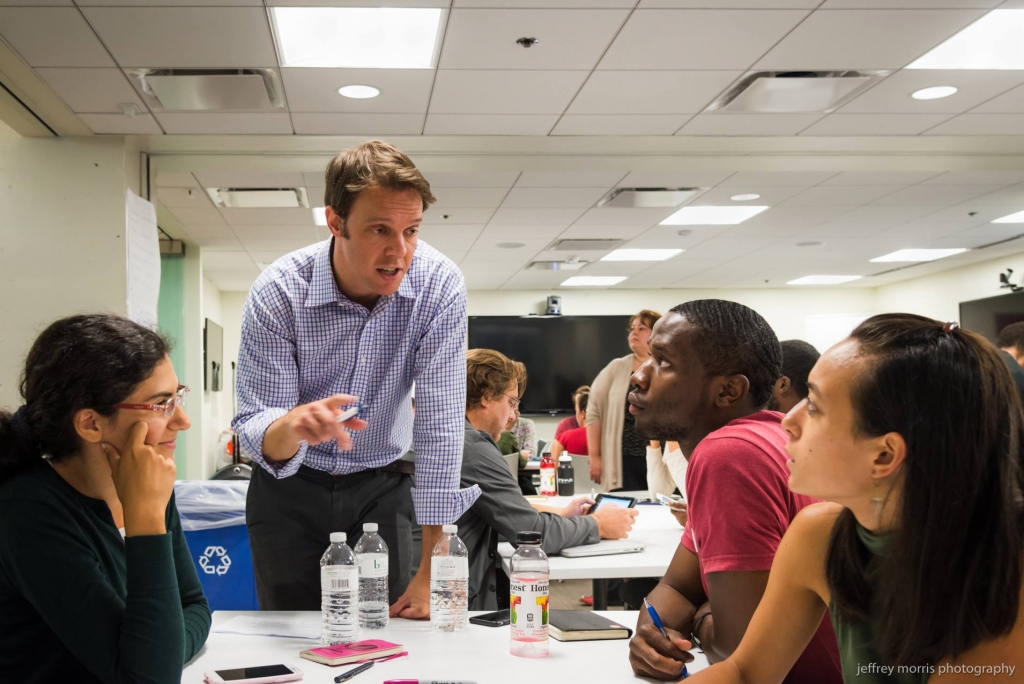
How do you empower a global team in the midst of uncertainty?
This was one of the questions we wanted to ask Blair Glencorse, the Founder and Executive Director of Accountability Lab. The Accountability Lab’s mission is to “make governance work for people everywhere by supporting active citizens, responsible leaders and accountable institutions.” Blair’s founding vision was to enable people to generate the knowledge, skills and networks needed for accountability. The team is active in many countries around the world, including Liberia, Nepal, Niger, Nigeria, Mali, Mexico, Pakistan, South Africa and the United States. Among the Accountability Lab’s creative approaches to tackle corruption, public trust and active citizen leadership are Integrity Icon, a campaign to “name and fame” honest government officials and Voice2Rep, a music competition celebrating artists who support greater representation, participation and accountability across Nigeria.
In eight years, Blair has built a team of 103 employees working in 10 countries, and a large global community of advocates, allies and volunteers. They have faced many challenges and taken on many pressing issues—but arguably, they have not faced a global circumstance like the one we collectively face.
So how do you reassure a diverse, global team in times of uncertainty like this? How do you coordinate across multiple countries and cultures, facing different challenges and obstacles?
Blair shared some advice with us, and we hope it will inform and inspire you too.
Q: How are you and your team staying resilient in times of uncertainty?
We are an organization that has had the experience working with very few resources; and unfortunately this is not the first time we faced a crisis. Due to where our work takes place (Africa, Asia, Latin America, Middle East and the USA), we had experience thinking about how to get through uncertainties like political crises, instability, hurricanes, and other epidemics including Ebola. Each event taught us what we should do next time to be better prepared. We learned to be flexible, focus on clear communication, and ensure ownership in every regional office so decisions can be made closest to where they will make a difference.
Q: I feel like you are naturally an optimistic person. How can leaders stay positive in face of uncertainty?
Thanks! It can be difficult- where it is possible, I’d say as much self-care as possible is important. This means different things to different people, but we have to take care of ourselves as best we can. Taking a step back and reflecting on if what we are doing now is the right thing for the right reasons is important too- to put things in perspective. Things are changing fast and we have to pause to understand how each decision will impact the future. Finally, I’d say we need to gather strength from stories of hope and fortitude- if there is one silver lining to this crisis it is the incredible #coronaheroes we are seeing everywhere, who fill me with inspiration.
“Things are changing fast and we have to pause to understand how each decision will impact the future.”
Q: How has COVID19 changed the way you and your team work?
I think it has changed the way we work in three fundamental ways. First, logistically of course- so much of our work is in and with communities and this is now unfeasible in the traditional sense; so we’re working to find creative ways to maintain engagement. We recently set up a dedicated, interactive Whatsapp channel for example, which is a bit different from regular Whatsapp groups- people can use it to receive updates and share ideas and questions around specific topics.
Second, we have pivoted our programming and as we did after the earthquakes in Nepal five years ago: we are now working with our communities to debunk rumors and create feedback loops with decision-makers in local languages across six countries, through something we call the Coronavirus CivActs Campaign. “CivActs” stands for Civic Action Teams as is a process we have been working on for many years. We’ve also begun to investigate the way that money is being spent on coronavirus relief and monitor the accountability of those funds.
Third, we have always tried to be strategic, but we have really begun to employ foresight processes to try and understand what this crisis will mean for the future- so we can adapt now for new realities. Everything is changing and we’re mapping out what this might mean for our work 3 to 5 years from now, not just in the next 3 to 6 months. This is helping us reexamine some of our fundamental assumptions about the way we operate.
Q: How do you encourage your team to keep a positive mindset?
A: Communication is the key to keeping everyone upbeat. We are in close contact with everyone. We are exchanging a lot of updates and information via WhatsApp, emails and video calls. Positive, regular communication is important to show unconditional support and care for one another as people and as a team.
The second piece is delegation. Each country's team creates their own policies and programs and makes decisions that suit their contexts. Communication from the top comes from our global team in the US but the local Labs know what their team and communities need much better than us, of course, and they lead locally. I’m very proud of my team. They are focused on staying upbeat, safe, and creative.
The third aspect is emotional security. We are trying to make sure everyone feels confident that they will be taken care of. Uncertainty can be hard for small nonprofit organizations like us. So, for example, we have built a safety security fund in the past few years to support any of our team members in case of emergencies like this. We have told the team how this functions and how we can help our folks address any immediate financial burden as a result of all of this. We also have an emotional counsellor on call that our staff can speak to at any time if they would like to talk about anything they might be facing, personal or professional. It’s important for them to know that no matter how bad things get, we have their back.
Finally, we’re trying to be creative. We recently launched a new internal collaboration fund, for example- through which we have given small grants to two or more staff members across countries who have fun and innovative ideas for improving collaboration and effectiveness of their teams. The ideas have been fantastic- from virtually recording joint songs to working with communities to distribute PPEs. These sorts of approaches can help us come together in new ways.
Q: That’s amazing. I can see how they would feel reassured. What are ways you communicate effectively and with empathy?
Communication is always something that can be improved upon- even the best communicators have to be willing to adapt and understand new ways of reaching people. The basis is listening, I think- I once heard a saying in Liberia that the best leaders “have big ears and small mouth”. I love that because it is so true- all of us have to listen much more as it is only from there that we can move towards empathy.
The other key usually is non-verbal communication. There is so much we can do without speaking that allows others to understand that we are supporting and encouraging them- this is really difficult in a time of physical distancing and zoom calls or Whatsapp messages. We can’t really replace those non-verbal cues entirely but we try and make sure we at least fill our meetings with online energizers; sharing of fun content; and approaches like word clouds that can help us express how we are feeling.
Q: What do you hope the world learns from this event?
We need better ways to collaborate, share information, and respond to one another. With our work in accountability, we think about how the political, social and economic structure impacts the way communication and collaboration like this is done. From an accountability perspective, the international community certainly did not learn enough lessons from the Ebola crisis, which was not too long ago. There were many lessons we could have implemented and we didn’t.
We have to learn the lessons from this crisis so that we are better prepared next time. It would be a waste to go back to the way things were and ignore all the things we could improve in the way we work as a society and humanity.
“It would be a waste to go back to the way things were and ignore all the things we could improve in the way we work as a society and as humanity.”
__
 Blair Glencorse is an international development professional and social entrepreneur, with significant experience across issues of governance, accountability, institutional reform and political-economy transitions. He attended the American Express NGen Fellows program, part of the American Express Leadership Academy, with Independent Sector in 2012. He was a finalist for the 2017 American Express NGen Leadership Award.
Blair Glencorse is an international development professional and social entrepreneur, with significant experience across issues of governance, accountability, institutional reform and political-economy transitions. He attended the American Express NGen Fellows program, part of the American Express Leadership Academy, with Independent Sector in 2012. He was a finalist for the 2017 American Express NGen Leadership Award.
In 2006, Blair found himself on the hot, dusty plains of southern Nepal, talking to young Nepalis about their lives. They explained why a lack of integrity was at the heart of all of their daily challenges—from lack of education and jobs to corruption. As Blair spent time working with the World Bank and other civil society organizations listening to young people all around the world, the same themes emerged over and over: young people collectively want to build accountability in their communities and change their societies, and have great ideas to do so. But they need long-term, creative and flexible support to do it. Blair set up the Accountability Lab to fill this gap. Blair lives in Pakistan and leads the Lab’s strategy, outreach and development globally. In 2018, the Accountability Lab won the International Anti-Corruption Excellence Award. This year, Blair is leading the C20 Anti-Corruption Working Group- the global civil society effort that is informing G20 governments on anti-corruption efforts.
- Connect with Blair LinkedIn




